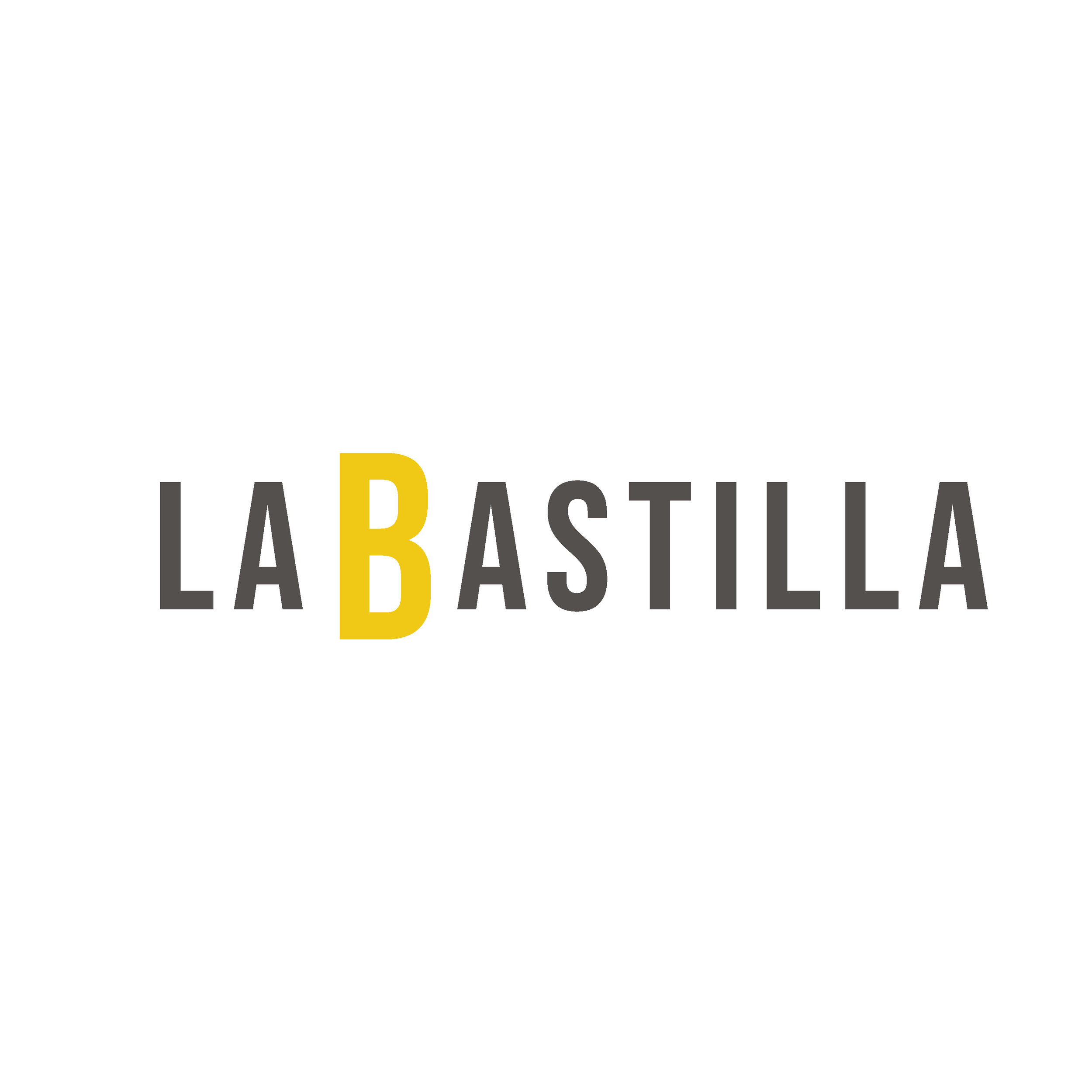DEMOCRATIC TRAVELING MUSEUM
The Democratic Traveling Museum is a traveling exposition that rescues human rights defenders’ achievements and civic freedoms conquest during the Venezuelan democratic era (1959-1999). The project is seeking to rescue the importance of a healthy interaction between the state and its citizens. The guiding principles of this project are:
1) Promote human rights as a vital item for democracy to thrive.
2) Recue the modern history of our country while underlying the necessary cooperation between the state and its citizens.
3) Educate and help new generations.
4) Identify foreign experiences that allow us to strengthen our democracy.
PILLARS AND CONTENT OF THE MUSEUM
-
Background and historical context of Venezuelan democracy and civil rights: decree of guarantees, public instruction, and universal, direct, and secret vote.
-
Political parties and civil society bid for rights: Puntofijo Pact, university autonomy, reorganization of the country, and other pending tasks.
-
Scope and significance of Rómulo Gallegos as the first president of the Inter-American Commission on Human Rights.
-
Marcos Pérez Jiménez and Carlos Andrés Pérez, both face the justice system showing that nobody is above the law
-
The Organic Law of the Environment and the creation of the Ministry of the Environment and Renewable Natural Resources.
-
The Venezuelan government examines the State and the political system with a view to decentralization and the expansion of democracy.
-
The events of february and march 1989 and the promotion of the movement for human rights, the rise of non-governmental organizations.
-
The attention and concern of Venezuela for the protection of human rights beyond the borders: the signed agreements and foreign policy.



